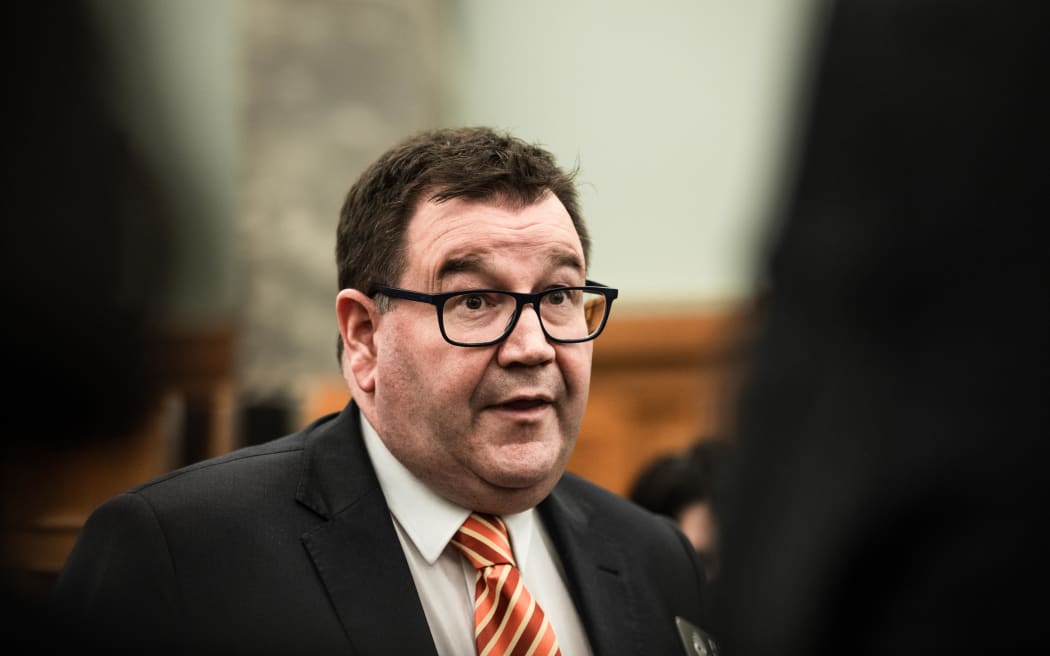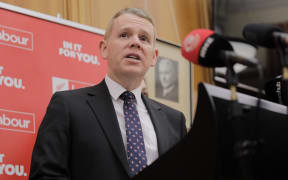
Photo:
Here's where the nearly $4b in cuts, savings, delays and reprioritisations announced by the government have come from.
The government on Monday announced it was making changes to spending that would save nearly $4 billion over the next four years. That's $4b on top of the $4b saved in the 2023 Budget in May.
Much of the savings announced on Monday had been committed to in the 2023 Budget but which Robertson identified as no longer needed. Some was spending that had been expected to be allowed in the 2025 and 2026 Budgets, but which he believed the government could avoid.
The $4b comes from:
- $1.018b in immediate operating costs savings (2023-27)
- $1.403b in trimmed baseline funding for departments (2024-27)
- $450.3m in immediate capital costs savings (2023-27)
- A $250m smaller 2025 Budget allowance ($250m saved per year from 2025)
- A $500m smaller 2026 Budget allowance ($500m saved per year from 2026)
Immediate savings
The biggest immediate savings included:
- $150m from loans to Air NZ during the Covid-19 response that's no longer needed
- $115.28m for Research and Development grant schemes (Callaghan Innovation Ārohia Innovation Trailblazer, New to R&D, Project and
- $106m not needed for Te Whatu Ora's health data contingency
- $101m for the East Cape Marine Project and Oruku Landing Conference Centre
- $100m from the 'Investment in a New Zealand Business Growth Fund'
- $94m from Housing Acceleration Fund underspend
- $90m for establishing native forests as a carbon sink and improving biodiversity
- $71.2m from baseline funding for DHB sustainability
- $60m from the Tourism Recovery innovation programme
- $58m from the Covid-19 contingency fund
- $52.2m from re-phasing the national rollout of Enabling Good Lives disability support services
- $50m from reprioritisations in the Transport Choices package
- $48.6m from Three Waters transition funding underspend
- $44.7m for Affordable Housing Fund underspend
- $43m from a second phase of planting biomass for an alternative to fossil fuels
- $30m leftover from the Covid-19 Leave Support scheme
- $30m from Sale of Land and Dwellings underspend
- $27.4m not needed for the Improved Employment and Social Outcomes Support MCA
- $24m to help the Ministry of Health due to changes from the health reforms
- $20.8m for agricultural emissions research and development grants
- $20m in Kāinga Ora underspend
Student, other small programmes)
All other savings were for less than $20m per item.
Robertson acknowledged some $236m was coming from the Climate Emergency Response Fund, which would normally be ringfenced for the climate spending but was instead being returned to the government's general coffers.
"In Budget 2023 we topped up the climate emergency response fund from general taxation in order to be able to continue to deliver, and so in this particular instance I think it's appropriate that that comes back to the centre," Robertson said.
"But we will continue to use that money in the future in the Climate Emergency Response Fund for reduction and adaptation.
"Clearly we bear in mind our climate goals, and we continue to invest to make sure that we do reduce emissions and that we do get on with adaptation, that's always part of our thinking."
He defended cutting two projects that had been set for funding from the Infrastructure Reference Group, which was set up to replace the Provincial Growth Fund and stimulate growth during the Covid-19 response.
"The vast bulk of the 230 odd projects that were funded through the Infrastructure Reference Group are fine, they've been developed, they've been delivered. There were one or two where some of the commitments from other partners didn't materialise, or where when further work was done it was realised that they weren't able to be delivered," he said.
Baseline reductions
The baseline reductions included cutting 1 percent or 2 percent from various departmental Budgets, for a total of $506.5m a year from 2024 onwards.
This was partly achieved by cutting a total of about $165m a year from contractors and consultants.
The agencies and areas off limits for spending reductions included: Superannuation, benefits and KiwiSaver; loans, finance costs, tax receivables; frontline health and education spending; NZDF, Police, NZSIS and GCSB, Whaikaka the Ministry for Disabled People, and the Offices of Parliament.







